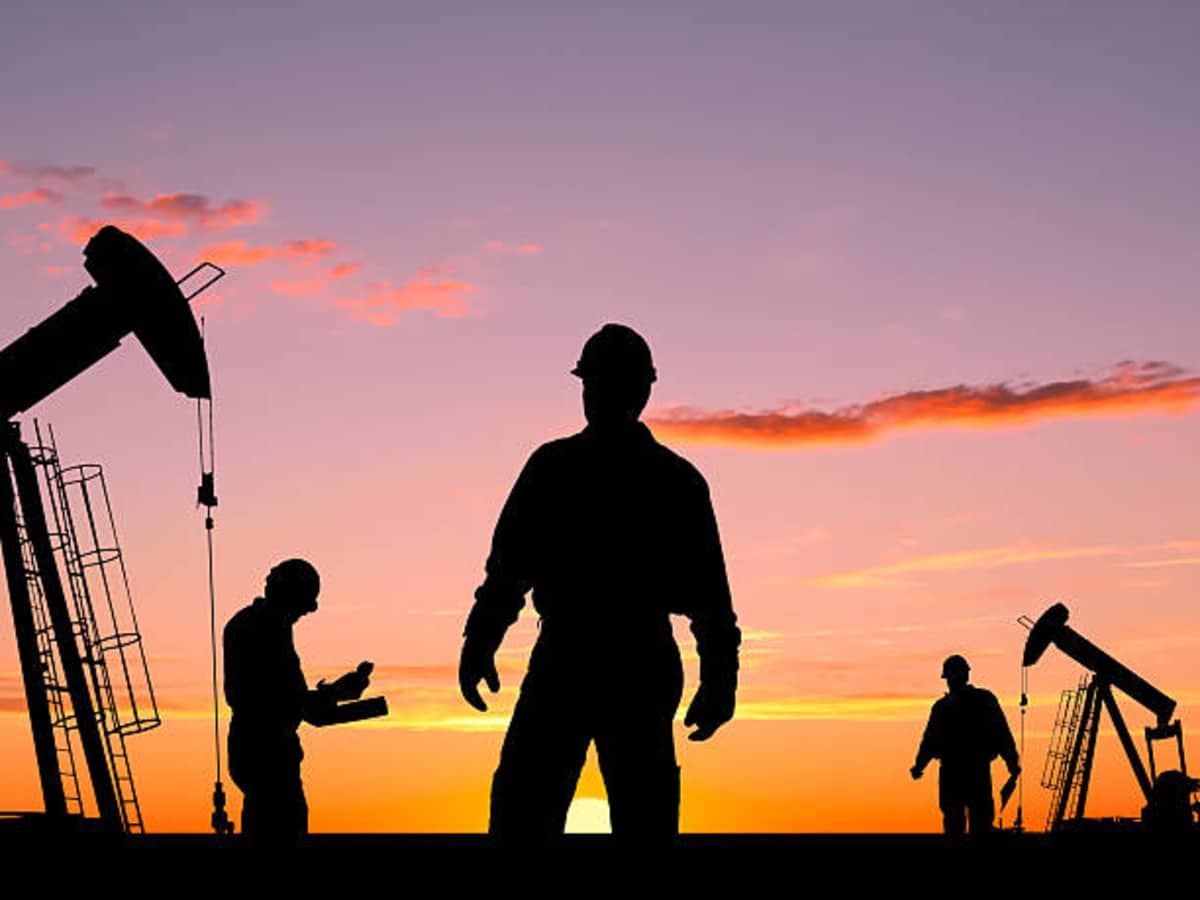How To Become A Petroleum Geologist
This article explains How To Become A Petroleum Geologist. Also, it highlights some of the skills of a Petroleum Geologist.
Petroleum geology fits the description of one of the marketable and lucrative careers in the field of oil and gas exploration.
It is concerned with the research and tasks aimed at studying the earth and rocks to determine the origin, flow, and accumulation of crude oil and other essential hydrocarbons.
The area depends on using geology, physics, and chemistry knowledge, providing petroleum engineers with the data and recommendations that support the effective exploration of oil.
Advertisement
Also, check out How To Get A Job As A Cocktail Waitress.
Our discussion today is not on petroleum geology but on one of the career opportunities in the field: how to become a petroleum geologist. In the post, you will learn about what a petroleum geologist does, job requirements, salary, and how to become one.
Who is a Petroleum Geologist
A petroleum geologist is a trained professional who understands and applies the knowledge of petroleum geology to help detect and explore crude oil from their deposits.
They study the earth and rocks to determine whether they have natural crude oil deposits or the potential to do so. In addition, they study to what extent the rocks are porous and permeable and whether it is ready to support the exploration process.
Advertisement
Geology, mathematics, physics, and chemistry are some courses a petroleum geologist must take to become one. They work closely with drilling and petroleum engineers on exploration projects. They are crucial to the process because they
- Help detect the deposits
- Approve the petroleum engineers supporting it with the essential map, data, and charts,
What does a Petroleum Geologist do?
We will outline the duties of a geologist; you will get to know how a petroleum geologist contributes to the exploration process. Below are the duties
Survey
Petroleum geologists scout for locations of mature crude oil deposits for drilling. They study the location’s origins, history, structure, compositions, and immediate environment. They carry out on-field inspections to collect samples and data used for analysis.
Experiment
Conducting experimental analysis of the samples acquired from different sites in the laboratory is part of the duties of a petroleum geologist. They use different methods and equipment to verify and analyze the mineral composition of the samples.
Technical Documentation
Petroleum geologists prepare charts, maps, technical reports, and other documentation for the petroleum engineers and drillers to use in their crude oil exploration.
Also, they read, review and interpret other documentation provided by the geophysicists, geoscientists, and engineers involved in the project.
Research
Continuous research is vital to the development of a particular field, especially when it is concerned with science and technology.
Therefore, petroleum geologists constantly research to develop the methods, theories, and equipment they use in carrying out their duties. They attend workshops, training, and other related events to add more to their knowledge in the field.
Keep Track of Geologic Events
Geological processes are spontaneous and may take a long time to complete if all other factors are in place.
Petroleum geologists must keep track of the processes that aid petroleum formation in the deposits. In addition, they determine how the process can affect the formation, accumulation, and flow.
How to become a Petroleum Geologist
To pursue a career to become a petroleum geologist, first, one needs to obtain a degree in geology to gather basic and advanced knowledge in the area.
The education process will teach both practical technical skills and theoretical knowledge. One can also pursue further education to obtain a doctorate or master’s degree.
Furthermore, you must pursue certifications and take license exams to solidify your position as a tested and trusted petroleum geologist. Also, with the certifications and licenses, you will have a good position to be employed compared to those who do not have the certification.
Also, check out Popular Rigzone Jobs and their Salaries.
How much does a Petroleum Geologist make?
Being a petroleum geologist is rewarding and one of the top careers in oil and gas exploration, making it highly demanding and competitive. Following the reports from Payscale, a reputable website that gives surveys on salaries, the average salary of a petroleum geologist in a year is $104,367.
The typical total compensation package falls between $54,000 to $212,000 yearly. Depending on the experience, geographical location, and the company you work for, the salary can increase beyond this or otherwise.
In addition, there are other edits packages to enjoy together with the salary packages. The benefits you can enjoy working as a geologist include the following.
- Health Insurance
- 401(k) saving plans
Skills needed by a Petroleum Geologist
The skills that are expected of a petroleum geologist are;
Equipment Handling
Petroleum must possess the technical skills to handle the equipment used in the GIS system. They must also understand using several drilling equipment to help their analyses.
Communication Skills
Communication is essential between engineers, geologists, and stakeholders for a successful exploration of oil. Therefore, communicating ideas and preparing technical reports is one of the prerequisites.
Job Outlook
Oil accounts for a large share of sources of energy globally. Much effort and resources are needed to focus on the industry because of its importance to the economy, employment opportunities, and energy use.
Therefore, when you put this into focus, you will conclude that the field is in high demand. According to the Bureau of Labor Statistics, the information provided predicted that job opportunities are expected to grow by 5 percent from 2021 to 2031 for geoscientists and geologists.
The report is a testament to what had already been said earlier about how robust and crucial the oil and gas industry is.
Where do Petroleum Geologists work
Petroleum geologists work in the petroleum industry, whether public or private. Also, they can work in environmental agencies as supervisors monitoring the mining and exploration process to ensure it is safe and efficient. Furthermore, petroleum geologists juggle their time between lab work and on-site inspections.
Final Notes on How To Become A Petroleum Geologist
Petroleum geology is an interesting career to pursue in the oil and gas industry. Although it is an enjoyable career, it is very tasking and high competition in the area.
The activities put forward to determine the location of oil deposits and testing whether it is safe to drill the location is what is studied in petroleum geology. Petroleum geologists enjoy a lot of time to travel and get.
Before you go, check out Career Opportunities in VFX.






